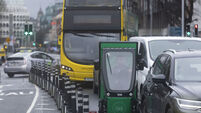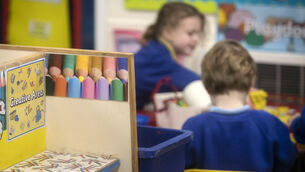Clodagh Finn: After decades of decimation, rural rebuilding begins

The restaurant on the corner of the Mall and Denny St was a magnificent haunt for teenagers in the ’70s, ’80s, and ’90s who gathered in its booths to drink (surprisingly good) milky coffee, puff on shared cigarettes, talent-spot, and plot the great escape.
It wasn’t the same for everyone, but most of us were hell-bent on figuring out the fastest way to leave Tralee.
















